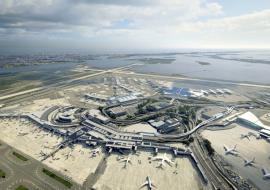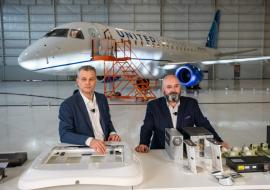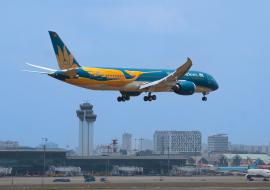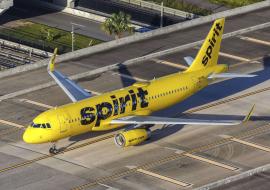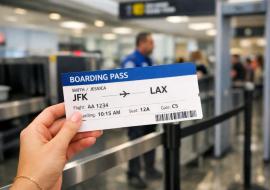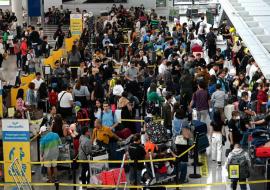IATA Calls on Using Fast Antigen Tests Rather Than PCR
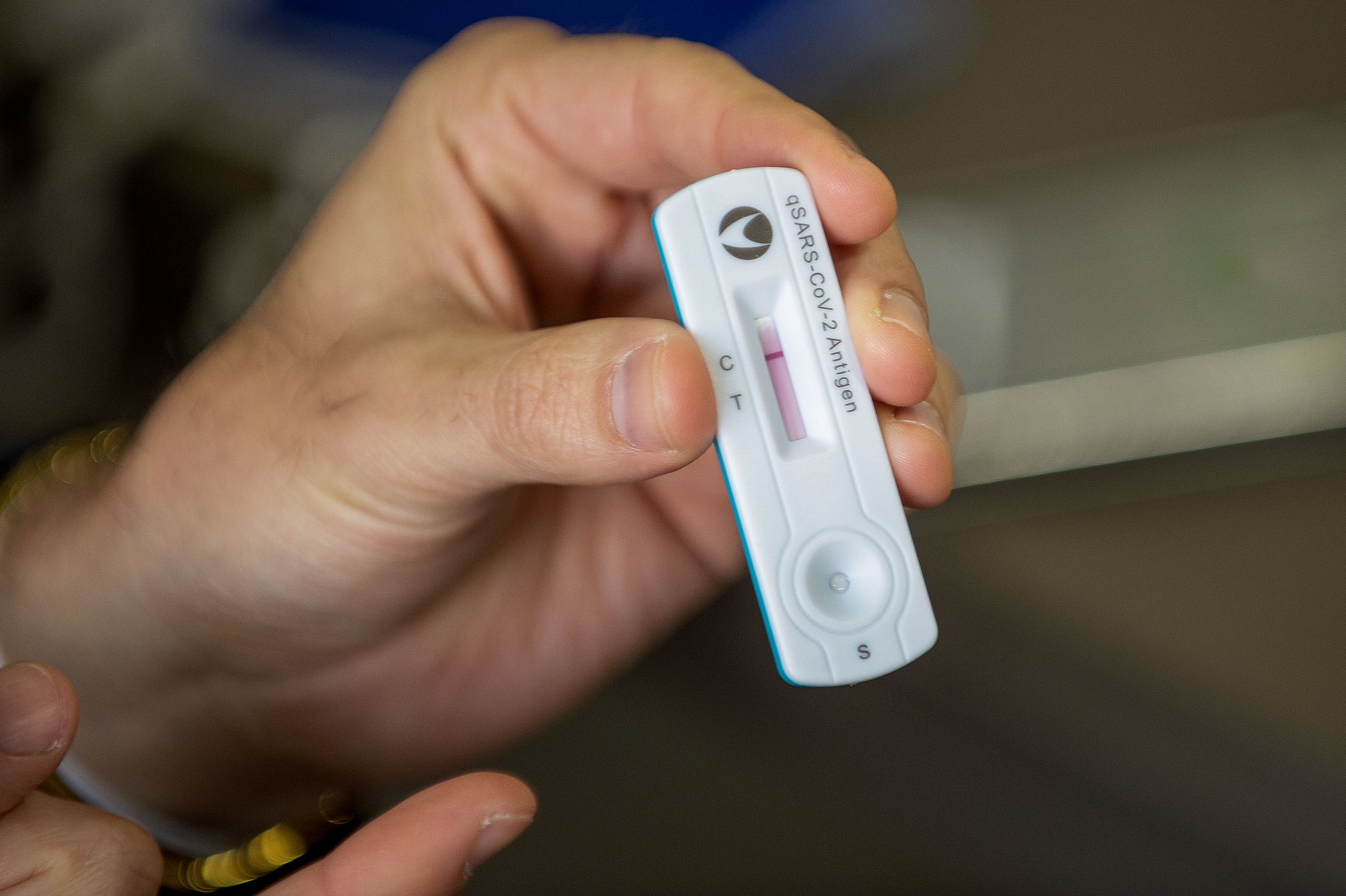
IATA is urging governments to accept rapid antigen tests, rather than the most costly and far less convenient PCR tests, for COVID -19 testing requirements.
A new IATA-commissioned report from OXERA-Edge Health found that antigen tests are accurate, convenient and cost-effective.
With some countries currently insisting on PCR tests, IATA is calling on all governments to green-light best-in-class rapid antigen tests instead, with an eye to restarting international travel and the economy.
“Restarting international aviation will energize the economic recovery from COVID-19,” said Alexandre de Juniac, IATA’s Director General and CEO. “Along with vaccines, testing will play a critical role in giving governments the confidence to reopen their borders to travellers. For governments, the top priority is accuracy. But travellers will also need tests to be convenient and affordable. The OXERA-Edge Health report tells us that the best-in-class antigen tests can tick all these boxes. It’s important for governments to consider these findings as they make plans for a re-start.”
Testing requirements are currently fragmented, causing confusion for travellers, says de Juniac, adding that PCR tests come with significant costs disadvantages and inconvenience. Plus, in some parts of the world, PCR testing capacity is limited.
The report notes that the best antigen tests provide broadly comparable results to PCR tests in accurately identifying infected travellers. The BinaxNOW antigen test, for example, misses just one positive case in 1000 travellers (based on an infection rate of 1% among travellers). And it has similarly comparable performance to PCR tests in levels of false negatives.
Processing times for antigen tests are 100 times faster than for PCR testing. In addition to dramatically shorter processing times for antigen testing when compared to PCR, the report also pointed to the scarcity of PCR tests. Current spare PCR testing capacity in the UK, for example, would cover only 25% of 2019 passenger levels. This could cause bottlenecks as and when passenger numbers rebound. Adding antigen testing as an acceptable option would help to alleviate this.
What’s more, antigen tests are, on average, 60% cheaper than PCR tests. If rapid tests are not an option for travelers, significant cost and convenience barriers are created.
Source: Travelweek







